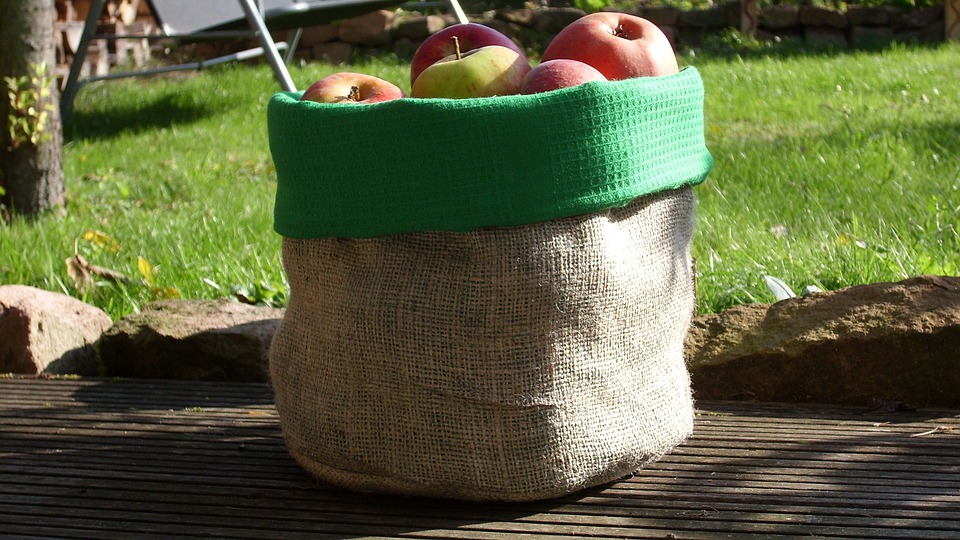You get a whole host of advantages when you switch from single-use plastic shopping bags to jute bags, and you also miss out a whole host of problematic by-products. Here are just three things you don’t need with jute bags.
- Petroleum
People see a product like a single-use plastic shopping bag and have no idea how much goes into making it. Each year, the millions of plastic bags produced across the world necessitate the consumption of billions of tons of petroleum. As you should already know, petroleum is not a renewable resource – in fact, it’s being depleted very quickly. Even worse, burning it creates greenhouse gases that do untold damage to the environment. On the other hand, jute is an entirely natural material that requires zero petroleum to be turned into shopping bags.
- Chemical Fertilizers
There are some natural materials that still hurt the environment since they are so hard to farm. For example, hardwood timber needs to be taken from trees that take decades to reach maturity, which is why forests are depleted instead of farmed sustainably. In contrast, jute is a remarkably easy material to farm and harvest. It requires very little farming space and can be cultivated without much water. Better yet, it doesn’t require the use of chemicals or other fertilizers, which can do damage to the soil in the long run.
- Landfills
Finally, keep in mind what’s going to happen to any bag that’s eventually disposed of. Single-use plastic bags are very hard to recycle, so they usually end up in landfills. In fact, that’s something of a best-case scenario since bags that don’t end up in landfill often end up in our oceans. Jute is much better since it is easily recyclable and biodegradable. When a jute bag is thrown away, it isn’t going to end up clogging the oceans or sitting in a dump for decades.
